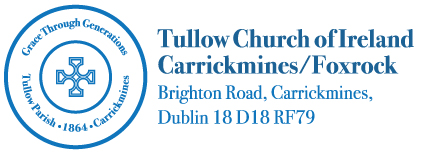Ascension Day is the celebration of Christ ascending into heaven after His death, burial and resurrection. Ascension Day is observed primarily in Anglican and Roman Catholic churches, and it occurs on the Thursday 40 days after Easter. Ascension Day is also called the Feast of Ascension. In 2013, this falls on Thursday 9th May.
The story of Jesus’ Ascension is told in Luke 24:49, Mark 16:19 and Acts 1:3, 9. Putting these accounts together, we find that after His resurrection, Jesus appeared several times to His disciples and others. During this time, He spoke to them further about the kingdom of God and the coming of the Holy Spirit, for whom they were to wait (Acts 1:2-9). After 40 days of these appearances, He was taken up to heaven for the last time (Acts 1:9-11). As the disciples watched Him go, two angels appeared and declared to them that, just as He ascended, Jesus would return in glory.
According to one of the early church fathers, Augustine of Hippo, the Feast of Ascension originated with the Apostles. It may be one of the oldest feasts practiced by the Church, possibly going as far back as AD 68. There is no written evidence, however, of the church honouring Ascension Day until Augustine’s time in the fourth century. Churches around the world have observed Ascension Day Feasts for centuries, including ceremonies and traditions including processions, prayer vigils, and church services in Anglican and roman Catholic traditions.
Whether or not we actually celebrate Ascension Day, its significance is that it reminds us that the glorious and triumphant return of Christ is near. It is a reminder of the Kingdom of God within our hearts, and of the ever-present Holy Spirit, watching over and protecting us as we spread the light of Jesus’ truth throughout the world. The fact that Jesus was resurrected from the grave and ascended to the right hand of the Father is the source of our hope (1 Peter 1:3).
We know that those who belong to Him by faith will one day be with Him in heaven.
